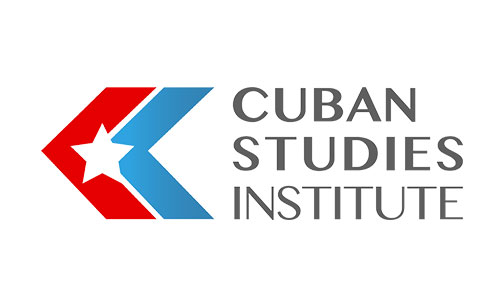United States Trade Embargo
Following Cuban confiscation of American petroleum refineries for refusing to process Soviet crude, the United States forbade all exports to Cuba with a temporary exception of certain foods and medicine on June 29, 1960. Restrictions on travel to Cuba by US citizens and residents followed on January 16, 1961, and the abolition of the Cuban […]
United States Trade Embargo Leer más »


